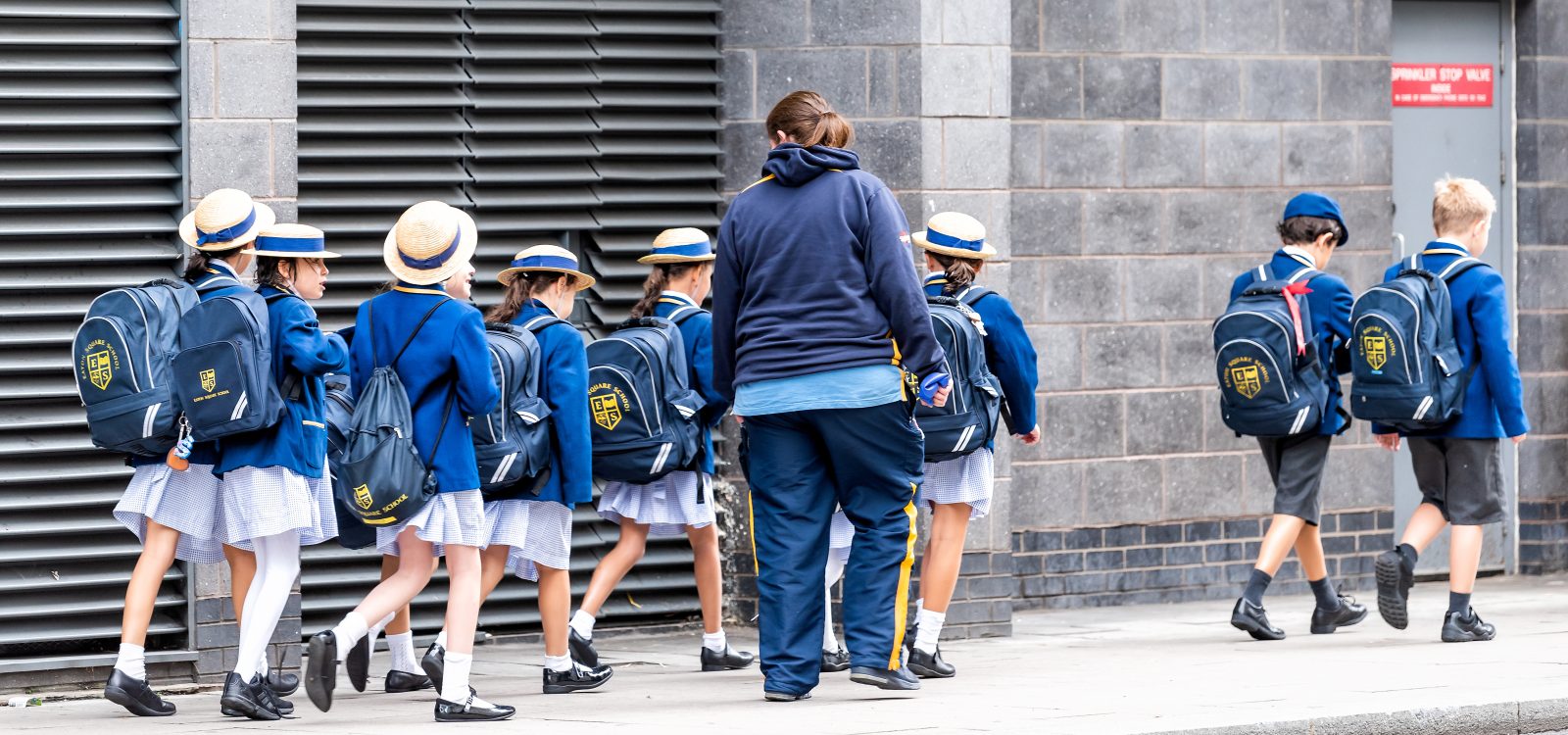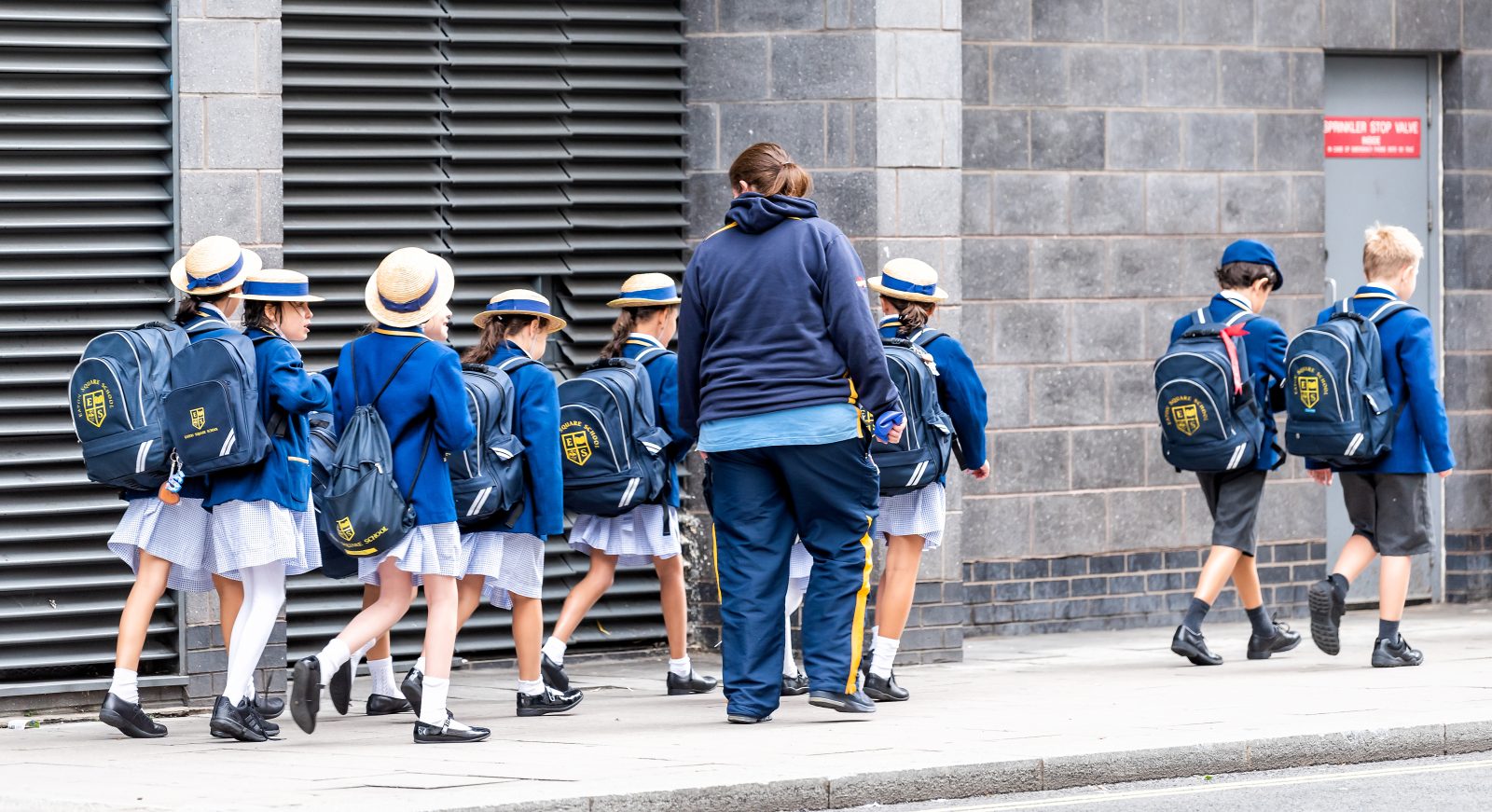In a bold fiscal manoeuvre that could reshape Britain's socioeconomic landscape, the Chancellor’s latest budget emerges as a potential watershed moment for private education, inheritance dynamics, and agricultural heritage.
Her proposed tax reforms may fundamentally alter the economic calculus for middle-class families, landowners, and educational institutions, casting long shadows over traditional pathways to wealth preservation and social mobility.
This was manifestly the case when the Government pledged not to tax “working people” before the Autumn statement. When pressed on who working people were, the Prime Minister described them as those who “do not have savings” and “cannot write a cheque to get out of difficulties”. This reflects a Marxist view of workers as employees, not business or asset owners. However, this misunderstands the reality of the modern economy: owning assets is not the preserve of a proprietorial elite. Property ownership is the bedrock of the British economy, and millions of “working people” having pensions invested in assets, stocks and shares.
One could see these comments as challenging the prudence and savings behaviour on which legacy is formed and aspiration which serves as the motive that drives productive labour. Thus, it is telling when the Chancellor chose to impose a series of taxes designed to affect farmers, parents and aspiring workers across the country – that she viewed these demographics as not part of her vision on who working people are.
The heritage of the past is the seed that brings forth the harvest of the future.
Wendell Phillips
What further puts in question the values of aspiration and prudence following the Budget is the introduction of VAT on private school tuition fees. From 1st January 2025, private schools will be charged a 20 percent VAT on tuition fees received estimated to raise £1.725 billion annually for state school investment. When asked about the potential impact on parents, the Chancellor suggested that parents would not bear the entire burden as private schools should make efficiencies similar to state schools.
On the contrary, the Department for Education (DfE) projects a 10 percent direct increase in the tuition fees due to this tax, forcing schools to pass on half of the VAT burden to parents. This overlooks parents’ contributions to public services through income tax. Consequently, parents committed to high-quality education for their children will face a financial balancing act, sacrificing more for their children’s future. This contradicts common understanding that education provision should not be taxed as it is a public interest supply, as is the case across the developed world.
Furthermore, the Institute of Fiscal Studies (IFS) reports that a 20 percent VAT to private schools would reduce enrolments by 3-7 percent – losing 37,000 students and increasing school spending by £100 – £300 million by 2029/30. This raises concerns about the state education sector’s ability to accommodate transferring students. For instance, a 2023 study by the Independent Schools Council (ISC) found that 33.8 percent of all pupils received financial aid. Can it really be said that private school education is the preserve of the wealthy?
The largest extension of Inheritance Tax (IHT) in a generation aims to raise £2.5 billion annually by 2029/30, targeting individuals, homeowners, and farmers. For farmers, Agricultural Property Relief (APR) reforms include a 50 percent reduction in relief for Alternative Investment Market (AIM) shares and specified assets over £1 million. Homeowners face a further freeze of the IHT Nil Rate Band (NRB) at £325,000 and Residence Nil Rate Band (RNRB) at £175,000 until April 2028, dragging more estates into the IHT net. Additionally, pensions will be included as part of estates for IHT purposes from 2027, making pension wealth at death subject to IHT.
Unsurprisingly, this has provoked outrage from affected taxpayers. For farmers, these taxes imperil a legacy and a way of life that has sustained them for generations. From April 2026, IHT relief would be limited to £1 million for agricultural and business assets with values above this taxed at 20 percent. Given the average farmland price of £11,300 per acre in 2023, this covers only 88 acres – well below the Department for Environment, Food and Rural Affairs (DEFRA) estimated average of 217 acres. Farmers often asset-rich and cash-poor fear they may have to sell land or incur debt to pay the tax leading to farm consolidation or the division into less productive units. The financial pressure could discourage traditional conservation efforts impacting biodiversity.
The changes to IHT for farmers impose a 20 percent effective tax rate on agricultural assets over £1 million. The Treasury estimates only 27 percent of farm businesses will be affected, but the National Farmers Union (NFU) criticises this on three fronts. First, the estimates are based on previous Agricultural Property Relief (APR) claims, misrepresenting true farm asset values. Treasury’s figures from 2021-22 show average estates valued at £0.9 million, while DEFRA estimates average estates at £2.2 million. Second, Business Property Relief (BPR) for diversified assets is not considered, misrepresenting farm worth. Finally, smallholdings, which do not represent typical farmland, skew the estimates, making APR claims an unreliable measure of farm worth. As a result, 75 percent of British food production is expected to be affected by these changes, impacting food security and prices. The Farm Business Survey conducted by DEFRA in 2024 shows that 66 percent of farms are valued above the £1 million threshold meaning that 137,940 out of 209,000 farms will be affected. These findings highlight two issues: the Treasury’s lack of communication with other departments, and the Chancellor’s ambivalence towards the tax’s far-reaching consequences.
Individuals and homeowners looking to pass on their estates to their loved ones will be hit with punitive taxes that will inconvenience their families when they die. From 2027, recipients of private pension bequests will face a 40 percent IHT if the deceased was over 75, leading to double taxation on some pension pots. Beneficiaries of pensions from those who died before 75 will also pay additional tax if the £325,000 tax-free inheritance allowance is exceeded. This change will affect 8 percent of estates annually, doubling the number impacted by IHT compared to 2021/22. By 2027/28, 213,000 estates will be affected, raising £1.46 billion annually by 2030. John O’Connell of the TaxPayers’ Alliance criticises this as “cruel and capricious.” The freeze on IHT Nil Rate Band (NRB) and Residence Nil Rate Band (RNRB) since 2009 and 2020, respectively, will further increase IHT liabilities.
The tax changes announced in the Autumn Budget by the Chancellor will seriously put in question the heritage, aspirations, and livelihoods of key segments of British society. The new taxes on private school tuition, inheritance, and agricultural assets could undermine parents’ ability to provide quality education for their children, families’ ability to pass on wealth, and farmers’ ability to manage their land suitability. These policies demonstrate a lack of understanding of the economic realities faced by hardworking people. Rather than removing support for those who have worked hard to build up their assets and create a legacy, the government should be seeking policies that support and empower these pillars of British society. Ultimately, these tax changes could imperil the country’s heritage, social mobility, and food security for short-term revenue gains, which may be even far lower than the Government estimates.



